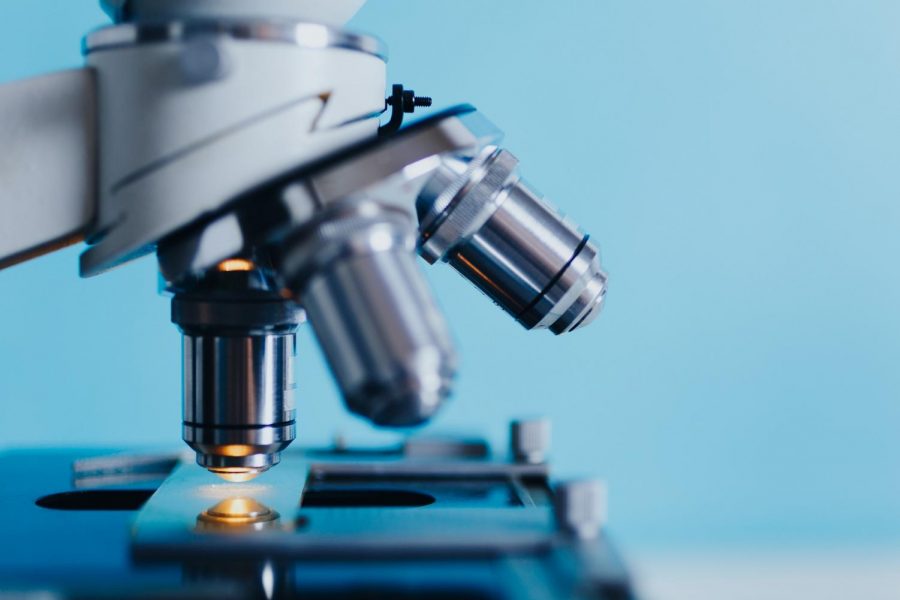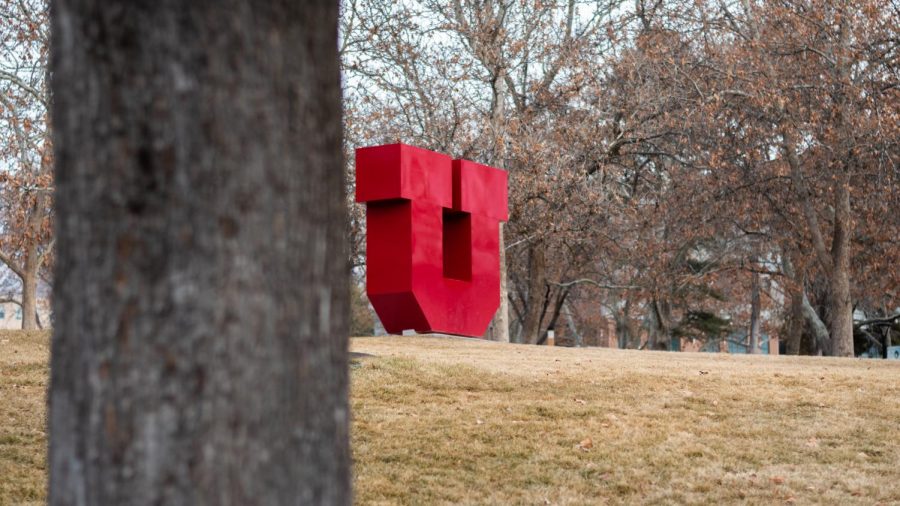U Health Awarded $28 Million Grant to Research HIV
September 24, 2022
A research center led by University of Utah Health that studies the inner workings and vulnerabilities of HIV, the human immunodeficiency virus that causes AIDS, was recently awarded $28 million from the National Institutes of Health.
The CHEETAH Center for Structural Biology of HIV Infection Restriction and Viral Dynamics has been researching HIV and its potential treatments since its founding in 2007, publishing more than 300 research papers.
Wes Sundquist, director of CHEETAH and chair of the department of biochemistry at the U, said that the goal of their research is to understand the machinery of HIV in molecular detail and learn more about how to target the virus.
“Viruses can teach us a lot of cell biology,” Sundquist said. “They’ve been moving around in our bodies for a long time. They’ve figured out what pathways work well for them, but also then these become drug targets, especially if we understand them at the molecular level.”
Mark Ladinsky, an electron microscopy scientist at CalTech and scientist at CHEETAH, said that a large amount of his research revolves around studying the interactions of infected HIV cells and identifying which cells are the most susceptible to infection.
“I’m looking to see where the virus is, what cells that it associates with in these different tissues, how the cells that are infected are interacting with one another and how those cells are transmitting the virus and where they go from there,” Ladinsky said.
According to Ladinsky, the research at CHEETAH also includes studying the pathways HIV takes within cells, which could help to create more effective treatments for the virus.
“We can see that there’s not just one way in which the virus can propagate within these cells, but multiple ways, which means that there are possibly multiple ways in which we can try to block or inhibit the budding and replication of the virus,” Ladinsky said.
Sundquist said another big area of study at CHEETAH involves the HIV capsid protein, which is the shell around the HIV virus’ genetic material. This examination of the capsid, said Sundquist, has led to the development of an effective treatment for HIV from Gilead Sciences.
“It lasts for months in patients, and that gives the possibility of treating people quarterly instead of every day, which has pretty big implications for drug resistance and compliance and sort of also just ease of being treated as an HIV positive patient,” Sundquist said.
While the research on HIV by CHEETAH has helped scientists gain a better understanding of the virus, the goal, said Sundquist, is to find a cure.
“Going forward, the focus is more on how do you cure someone of HIV and also how do you develop a vaccine that would prevent transmission?” Sundquist said. “Both of those are unsolved problems. We’re trying to pivot to understand basic research that would help us to think about how … to do those things.”
HIV Testing at the U
Besides researching the virus, the Center for Student Wellness offers free STI and HIV testing for all students throughout the fall and spring semesters, said TeMerae Blackwater, health educator at the U.
“For HIV testing, we do a rapid test with the oral clinic,” Blackwater said. “We just swab the mouth and students are able to get the results within 20 minutes. We [also] test for gonorrhea and chlamydia through urine samples.”
According to Blackwater, this test isn’t entirely confirmatory, so those who test positive for HIV will be given a blood test to confirm the presence of the virus.
“If somebody has a positive reactive test, we pay for a confirmatory blood draw with them at the Student Health Center,” Blackwater said.
The approach taken at the Center for Student Wellness is a gentle and understanding one, Blackwater said, with the goal being to educate people and normalize conversations about STIs.
“Everybody is going to get an STI throughout their lives,” Blackwater said. “We normalize the conversation about sex. We just make the language gender-neutral. We don’t blame on behavior. We see people as human.”
The HIV and STI testing clinics will be taking place several times over the course of this semester at the Center for Student Wellness and the Women’s Resource Center. More details can be found on the Center for Student Wellness website.








